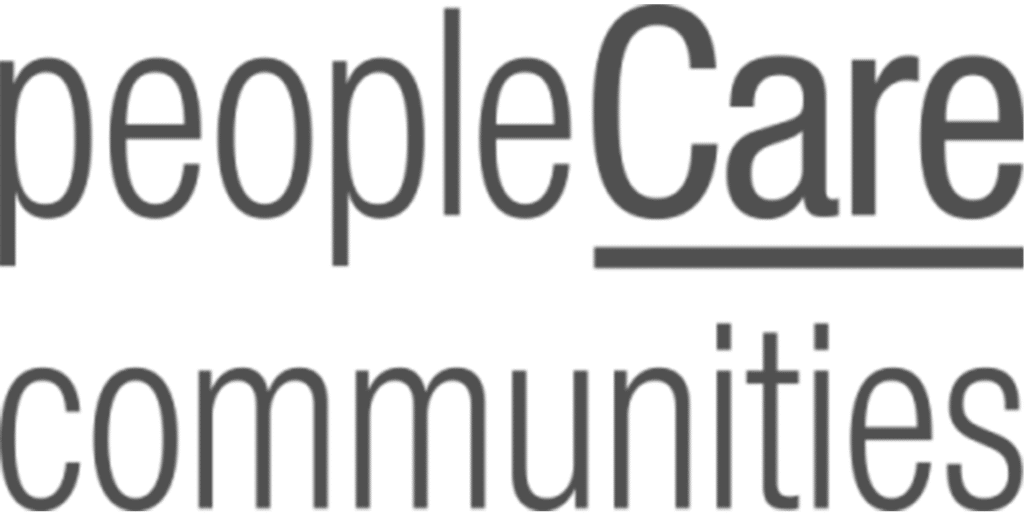Strategy in Motion

We Approach Strategy and Leadership from Within
At Ignite, we believe that true transformation comes from within. We partner with organizations across North America to unlock their full potential, create lasting change and build strategy-driven cultures that move businesses and people forward.
Our Expertise
An Experienced Partner in Facilitating Change

Strategy
The best strategies are simple, clear, and created by the people responsible for implementation. We work with organizations to create strategies that are connected to operations, foster shared ownership and drive sustainable growth.

Leadership
Strong, visionary leadership is the driving force behind sustainable success. Ignite builds and delivers customized leadership programs for individuals, teams, and organizations, helping you implement strategy and transform culture.
Trusted by Leading Organizations




























Anthea Bath
President & CEO, Wesdome
Megan Allen-Lamb
President, peopleCare
Greg D’Avignon
President and CEO, Business Council of British Columbia
Michael Fratianni
Chairman of the Maritime Employers Association
Hugh Koebel
Regional Vice-President, Sun Life Financial
Duana Kipling
President, Neptune Terminals
Kate Moran
President & CEO, Ocean Networks Canada
Terry Duggan
Former President & CEO, B.C. Maritime Employers Association
Jeff Scott
Former President & CEO, Fraser Surrey Docks



